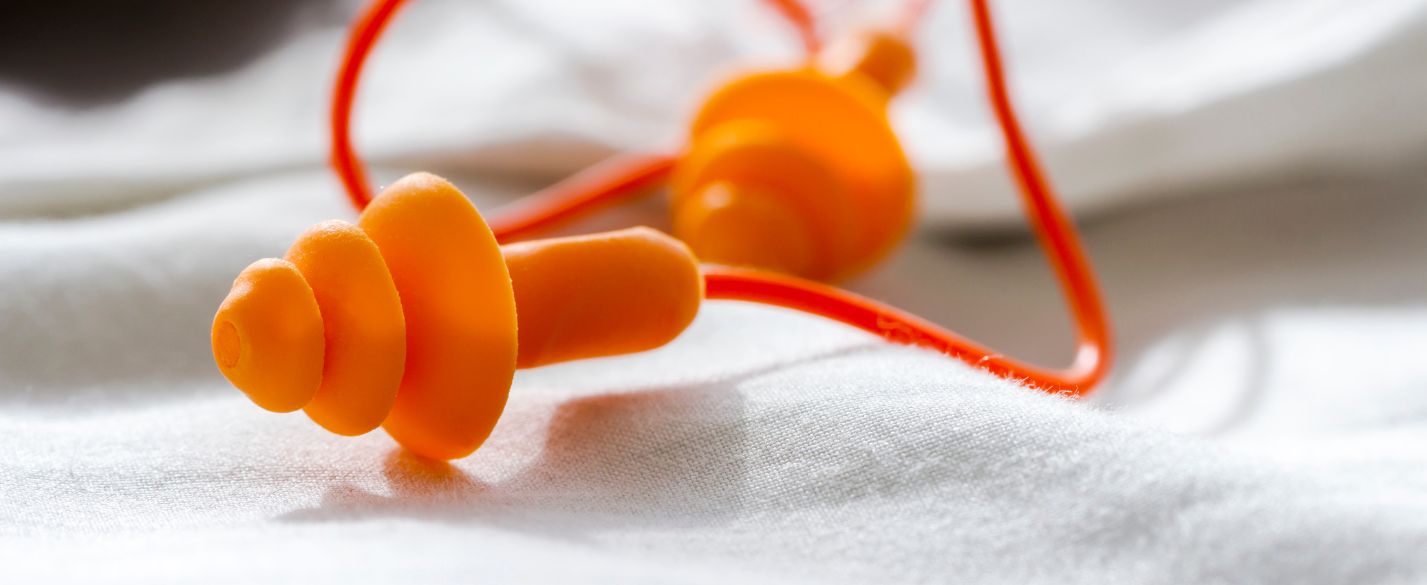3m earplug cases
Thousands of military personnel suffering hearing loss conditions have filed suit against the earplug manufacturer, 3M, stating the company’s Combat Arms Earplugs were defective and did not protect them from damaging high-level sounds.
Through the U.S. Department of Defense, the American military had an exclusive contract with 3M to provide earplugs to protect active-duty service members from hearing loss. The Combat Arms Earplugs were military standard-issued hearing protection for service members during 2003-2015.
Lawsuits filed by military members against the manufacturer began in 2019, and as of June 2022, there are nearly 250,000 filed and awaiting court dates. To date, 17 trials have concluded, the most recent, in May 2022, plaintiffs were awarded nearly $300 million in damages. This most recent trial marked the eleventh loss for the earplug manufacturer, which has not paid out on any cases thus far, instead filing appeals in all cases.
For their part, 3M has openly admitted that the earplugs were defective and offered no protection from significant hearing loss, including total deafness. The manufacturer recently announced committing to a $1 billion trust to resolve the outstanding lawsuits and that 3M-owned Aearo Technologies – the unit making the earplugs – will file bankruptcy in order to do so.
Why Did the Earplugs Fail?
Active-duty military are routinely exposed to high-level sounds, such as artillery, explosives, guns, aircraft, and more, often up to 150 decibels. Without protection, repeated exposure to noise of this level can damage eardrums causing a number of hearing conditions from tinnitus, ringing in the ears, to partial or full hearing loss.
The Combat Arms Earplugs were developed as a nonlinear dual-ended earplug designed to protect by filtering peak-level noise. The dual ends offered different levels of protection by utilizing different sizes and depth. One end was designed to fit further into the ear canal and filter all noise for complete protection during periods of extreme noise. The shorter opposite end fit less deeply into the ear and would filter out most high-level sound, while permitting the user to hear conversation. The design worked in theory, but not in actual usage.
The design, they discovered, did not fit all ear shapes and did not accommodate comfortable fit while soldiers were wearing helmets. The company modified the earplugs, making them shorter, another solution in theory, but not usage. The shorter earplugs did not fit deeply enough into the ear canal to provide adequate protection, particularly in users with large ear canals. Without a snug fit, the earplugs loosened when worn, allowing damaging levels of noise to enter the inner ear and damage the eardrum. For many service members the Combat Arms Earplugs provided no protection at all, resulting in varying levels of permanent hearing loss.
What Are the Lawsuits Alleging?
In 2018, the U.S. Department of Justice and 3M reached a $9.1 million settlement in a case alleging the manufacturer knowingly sold the military defective earplugs that did not fit properly, provided no sound protection, and failed to disclose the device’s flaws to the military. The settlement prompted service members to file thousands of individual and civil action lawsuits, with the public knowledge 3M was aware the earplugs were defective.
Court documents reveal that the earplug’s designer, Aearo Technologies, found that the earplugs were too short to fit many users properly as early as 2000, but determined manipulation was all that was required for a better fit. 3M did not purchase Aearo until 2008. Both companies allege they communicated the issue to the military, though there are no records evidencing the military was ever notified.
In efforts to avoid the mounting lawsuits, 3M continues to maintain that the company’s status as a government contractor relieves them of any liability in the soldier’s hearing loss and that there was no traditional contract with the military. Invoking the government contractor defense would shield the company by using the Feres doctrine, which bars military members and civilian government employees from bringing personal injury claims against the United States government when in-service for the government.
The government contractor defense failed, prompting 3M to establish the $1 billion trust in efforts to avoid the thousands of impending lawsuits. Several lawyers representing service members suing 3M say, while the trust is a good first step, it is woefully underfunded given the number of plaintiffs. The resulting damages, they report, would be meager, at best, for each plaintiff individually. 3M’s bankruptcy of Aearo is designed to largely fund the trust, however, plaintiff’s attorneys are arguing the petition be denied, citing the trust is not an “effective and equitable resolution” to the lawsuits.
You may qualify for a potential product liability lawsuit against the earplug manufacturer if you meet the following criteria:
The Springfield Product Liability Lawyers at Kicklighter Law Fight for Military Members Suffering Hearing Loss Due to Defective Earplugs
If you were a veteran or active-duty military service member during 2003 – 2015 and suffering hearing loss, our knowledgeable and skilled Springfield product liability lawyers at Kicklighter Law can help you receive the damages you are owed. Call us at 912-461-6309 or contact us online to schedule a consultation. We proudly serve residents in Springfield, Effingham County, Savannah, and surrounding areas from our office in Springfield, Georgia.

